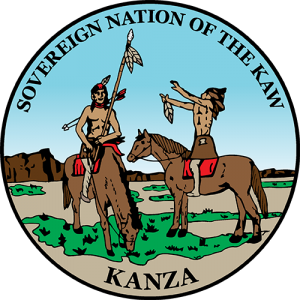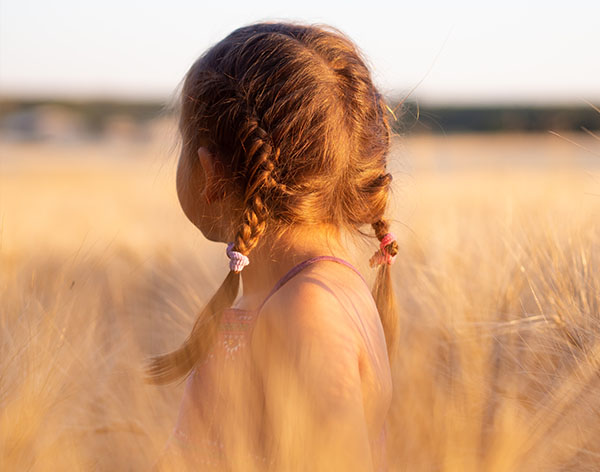Kaw Nation
Indian Child Welfare
The Indian Child Welfare Act of 1978 (ICWA) (25 U.S.C. § 1901 et. Seq.) is a Federal law that governs the jurisdiction over adoption and custody of American Indian children.
ICWA was originally enacted by Congress in 1978 due to the high removal rate of Indian children from their traditional homes and essentially from Indian culture as a whole. Before the bill was enacted, as many as 25 to 35 percent of all Indian children were being removed from their Indian homes and placed in non-Indian homes, with presumably the absence of Indian culture. If Indian children continued to be removed from Indian homes at this rate, true Native American Tribal survival would continue to be threatened.
The children were being raised outside of Indian culture and soon would cease to be known as true Indians. Instead, they would be known as assimilated into other non-Indian cultures.
Indian children were also not being placed in conducive Indian cultural environments due to the inability of the social workers to place them in homes that were economically stable in accordance with the state regulations. In addition to that, many Indian parents were being taken advantage of because they lacked adequate legal representation in child custody proceedings and were unknowingly convinced to waive their parental rights.
ICWA gives tribal governments a strong voice concerning child custody proceedings which involve Indian children by allocating tribes sole jurisdiction over the case when the child is domiciled on the reservation; on the reservation; and concurrent, but presumptive, jurisdiction over non-reservation Native Americans’ custody proceedings.
ICWA sets the minimal Federal standards for nearly all Indian child custody proceedings, including adoption, voluntary and involuntary termination of parental rights, and removal and foster care placement of Indian children, but excluding divorce and child delinquency proceedings. ICWA states that state courts have no jurisdiction over the adoption or custody of Indian children residing within their own tribal reservation. Ref: Page 196, Section 1903 defines Indian child as “any unmarried person who is under age eighteen and is either (a) a member of an Indian tribe or (b) is eligible for membership in an Indian tribe and is the biological child of a member of an Indian tribe.
Promoting Safe & Stable Families Program
This program is both a voluntary and preventative program designed to prevent the removal of children from the home and prevent any Department of Human Services (DHS) involvement to keep families together, safe, and in their homes. The Promoting Safe and Stable Families Program helps families with various levels of needs and each family’s services are tailored to the needs of each family. Our services help to educate families in maintaining a safe and stable home, parent education, helping connect families to local and community resources, and helping families navigate through the Child Welfare System in the event of DHS involvement.
The Fair Hearing Statement will help families understand the Kaw Nation ICW department’s application process and give families an avenue for an appeal in the event they do not qualify for services. This ensures the transparency, accountability, and integrity of our Promoting Safe and Stable Families Program.
Get In Touch
Call
(580)-269-2003
Fax
(580)-269-2113
Address
2225 North Union Street, Ponca City Oklahoma, 74601
Hours
Mon – Fri: 8am – 4pm
Weekends: Closed
Caitlyn Williams
icwcase1@kawnation.gov
Sarah Pickup
icwcase2@kawnation.gov
Sydney West
icwadminast@kawnation.gov

